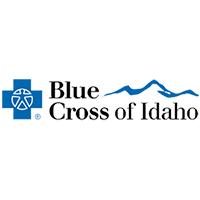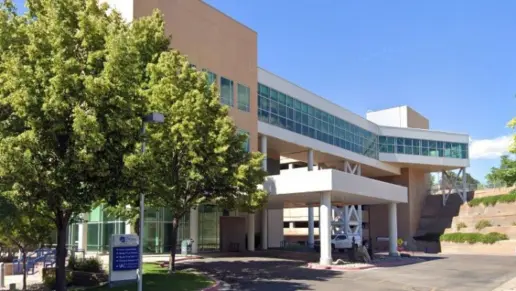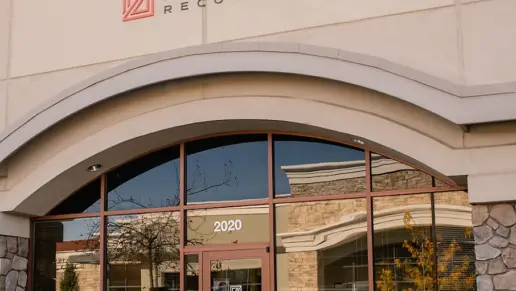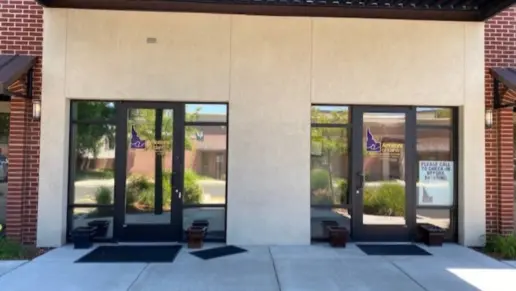All the counselors and staff have been so incredible. It's such an amazing program and experience.
About Ashwood Recovery – Outpatient
Ashwood Recovery – Outpatient is part of Northpoint Recovery, a company dedicated to helping people break free from addiction. Since their inception, they’ve opened several rehab locations across the Pacific Northwest. This outpatient addiction center is located in Boise, Idaho. They also offer treatment at this location for individuals with a dual diagnosis.
Their modern facilities are perfect for those looking to either start their recovery journey or continue their journey after stepping down from an inpatient program. They have a traditional outpatient program, an intensive outpatient program (IOP) and a partial hospitalization program (PHP). Depending on your unique situation, they might prescribe and administer Vivitrol injections to help manage severe cravings and reduce the chance of relapse.
During traditional outpatient care, you’ll attend individual therapy sessions at times that fit your schedule. An intensive outpatient program offers slightly more support and comes with higher levels of flexibility compared to the PHP. This program allows you to show up for your everyday responsibilities without compromising your recovery journey. Ashwood Recovery includes group, individual and family therapy in this program so you can approach healing from multiple angles.
During PHP treatment, you receive the highest level of outpatient care. This program is designed to support those who don’t require inpatient levels of care and those who have previously completed a residential program but have since relapsed. You’ll attend individual therapy sessions several times a week and work through the underlying causes of addiction, build better coping skills and develop an aftercare plan. You might also join group therapy sessions or partake in alternative therapies, depending on your needs.
Rehab Score
Gallery

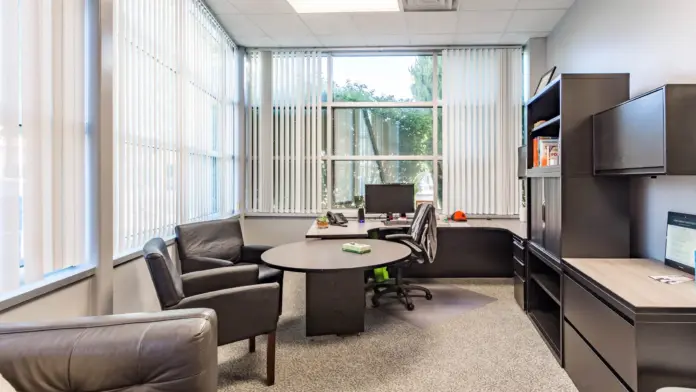
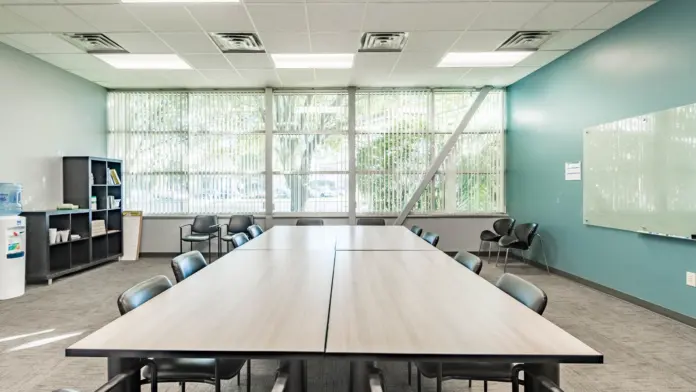
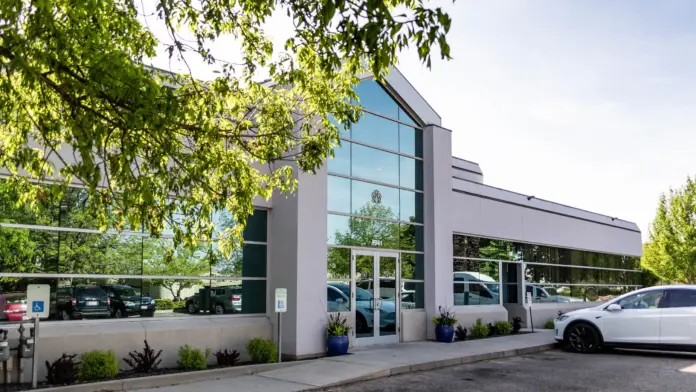
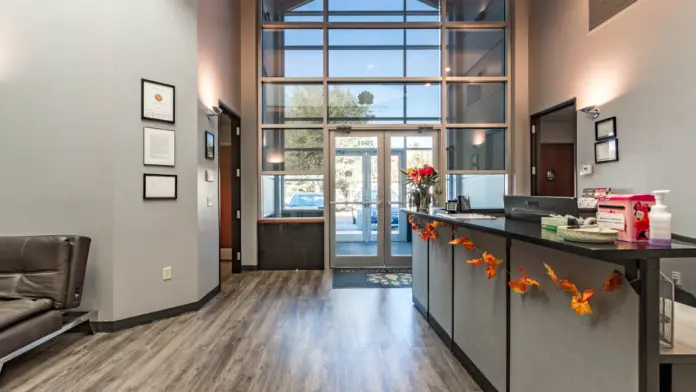
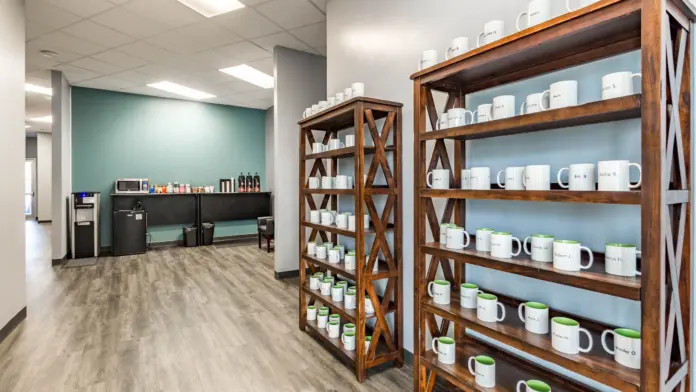
Location
Accepted Insurance



Other Forms of Payment
Private insurance refers to any kind of healthcare coverage that isn't from the state or federal government. This includes individual and family plans offered by an employer or purchased from the Insurance Marketplace. Every plan will have different requirements and out of pocket costs so be sure to get the full details before you start treatment.
Self-pay involves paying for treatment out of your own pocket. You can use savings or credit, get a personal loan, or receive help from family and friends to fund your treatment. If you don't have insurance or your insurance plan doesn't cover a specific program, self-pay can help ensure you still get the care you need.
Financial aid can take many forms. Centers may have grants or scholarships available to clients who meet eligibility requirements. Programs that receive SAMHSA grants may have financial aid available for those who need treatment as well. Grants and scholarships can help you pai for treatment without having to repay.
Sliding scale payments are based on a client's income and family size. The goal is to make treatment affordable to everyone. By taking these factors into account, addiction recovery care providers help ensure that your treatment does not become a financial burden to you or your family, eliminating one barrier to care.
Medicare is a federal program that provides health insurance for those 65 and older. It also serves people under 65 with chronic and disabling health challenges. To use Medicare for addiction treatment you need to find a program that accepts Medicare and is in network with your plan. Out of pocket costs and preauthorization requirements vary, so always check with your provider.
Military members, veterans, and eligible dependents have access to specific insurance programs that help them get the care they need. TRICARE and VA insurance can help you access low cost or no cost addiction and mental health treatment. Programs that accept military insurance often have targeted treatment focused on the unique challenges military members, veterans, and their families face.
Medicaid is a state based program that helps lower-income individuals and families pay for healthcare. Medicaid covers addiction treatment so those enrolled can use their coverage to pay for rehab. When a program accepts Medicaid the client often pays very little or nothing out of their own pocket.
Addiction Treatments
Levels of Care
Treatments
The goal of treatment for alcoholism is abstinence. Those with poor social support, poor motivation, or psychiatric disorders tend to relapse within a few years of treatment. For these people, success is measured by longer periods of abstinence, reduced use of alcohol, better health, and improved social functioning. Recovery and Maintenance are usually based on 12 step programs and AA meetings.
Drug rehab in Idaho provides treatment for addiction to drugs. It usually includes a combination of treatment methods that can involve counseling, medication, and a variety of evidence-based therapies. Programs are designed to help individuals manage their substance use disorder long-term.
Many of those suffering from addiction also suffer from mental or emotional illnesses like schizophrenia, bipolar disorder, depression, or anxiety disorders. Rehab and other substance abuse facilities treating those with a dual diagnosis or co-occurring disorder administer psychiatric treatment to address the person's mental health issue in addition to drug and alcohol rehabilitation.
A combined mental health and substance abuse rehab has the staff and resources available to handle individuals with both mental health and substance abuse issues. It can be challenging to determine where a specific symptom stems from (a mental health issue or an issue related to substance abuse), so mental health and substance abuse professionals are helpful in detangling symptoms and keeping treatment on track.
Opioid rehabs specialize in supporting those recovering from opioid addiction. They treat those suffering from addiction to illegal opioids like heroin, as well as prescription drugs like oxycodone. These centers typically combine both physical as well as mental and emotional support to help stop addiction. Physical support often includes medical detox and subsequent medical support (including medication), and mental support includes in-depth therapy to address the underlying causes of addiction.
Programs




Clinical Services
Cognitive Behavioral Therapy (CBT) is a therapy modality that focuses on the relationship between one's thoughts, feelings, and behaviors. It is used to establish and allow for healthy responses to thoughts and feelings (instead of unhealthy responses, like using drugs or alcohol). CBT has been proven effective for recovering addicts of all kinds, and is used to strengthen a patient's own self-awareness and ability to self-regulate. CBT allows individuals to monitor their own emotional state, become more adept at communicating with others, and manage stress without needing to engage in substance abuse.
Dialectical Behavior Therapy (DBT) is a modified form of Cognitive Behavioral Therapy (CBT), a treatment designed to help people understand and ultimately affect the relationship between their thoughts, feelings, and behaviors. DBT is often used for individuals who struggle with self-harm behaviors, such as self-mutilation (cutting) and suicidal thoughts, urges, or attempts. It has been proven clinically effective for those who struggle with out-of-control emotions and mental health illnesses like Borderline Personality Disorder.
Group therapy is any therapeutic work that happens in a group (not one-on-one). There are a number of different group therapy modalities, including support groups, experiential therapy, psycho-education, and more. Group therapy involves treatment as well as processing interaction between group members.
In individual therapy, a patient meets one-on-one with a trained psychologist or counselor. Therapy is a pivotal part of effective substance abuse treatment, as it often covers root causes of addiction, including challenges faced by the patient in their social, family, and work/school life. Individual Addiction Counseling in Idaho has long been used to help those with addictive, mental health and behavioral disorders. These sessions are utilized to help our clients explore the root causes of their addiction. Our individual counseling services in Boise are included for everyone who attends counseling programs at Ashwood Recovery. These sessions are held once a week, and allow our clients the opportunity to develop trust and gain insight into themselves. The importance of this counseling is paramount to our program, and it is not uncommon for our clients to continue individual sessions following the completion of their Boise alcohol treatment, drug rehab or IOP level of care.
Motivational Interviewing (MI) is a clinical approach to helping people with substance abuse issues and other conditions shift behavior in positive ways. It is more goal-oriented than traditional psychotherapy, as MI counselors directly attempt to get clients to consider making behavioral change (rather than wait for them to come to conclusions themselves). Its primary purpose is to resolve ambivalence and help clients become able to make healthy choices freely.
Trauma therapy addresses traumatic incidents from a client's past that are likely affecting their present-day experience. Trauma is often one of the primary triggers and potential causes of addiction, and can stem from child sexual abuse, domestic violence, having a parent with a mental illness, losing one or both parents at a young age, teenage or adult sexual assault, or any number of other factors. The purpose of trauma therapy is to allow a patient to process trauma and move through and past it, with the help of trained and compassionate mental health professionals.
Couples therapy provides the opportunity to discuss challenges in the relationships and learn healthy ways to work through them. Therapy may address issues such as your roles, beliefs, finances, health, substance use, and children.
According to the Scientific American, EMDR is a type of psychotherapy has is becoming vastly popular because of the success that is being experienced by both practitioners and patients alike. EMDR stands for eye movement desensitization and reprocessing, and it utilizes the patient's rapid eye movements to help ease anxiety and process trauma. It has been found to be particularly useful for those who suffer with PTSD. When EMDR is performed, patients are asked to recall painful memories in their minds, and then follow back and forth finger movements with their eyes. In many ways, this is reminiscent of what happens when following a hypnotist's swinging watch.
Research clearly demonstrates that recovery is far more successful and sustainable when loved ones like family members participate in rehab and substance abuse treatment. Genetic factors may be at play when it comes to drug and alcohol addiction, as well as mental health issues. Family dynamics often play a critical role in addiction triggers, and if properly educated, family members can be a strong source of support when it comes to rehabilitation. Families often find it very difficult to cope when someone they love is suffering from an addiction to drugs or alcohol. Prior to getting treatment, it's quite possible that their lives were turned upside down by the use of substances. There are so many ways that these relationships can suffer because of addictions, but help is available for family issues through intensive outpatient treatment. It can be so helpful for families to have a place to come and talk about the issues they're facing during the recovery process, and it's very likely that their relationships with their addicted or alcoholic loved ones need to be repaired as well. During intensive outpatient treatment, family members will have the opportunity to come and work with the patient.
Chronic substance use leads to biochemical imbalances that contribute to cravings and poor mental health. Nutrition therapy works to restore balance by giving your body the nutrients it needs for optimal performance.
The core of creative arts therapy is a focus on the world of imagination and creativity. It creates a pathway to expression of inner thoughts and feelings, which leads to better self understanding and eventual healing.
Amenities
-
Private Transportation
-
Yoga Studio
-
Residential Setting
-
Private Rooms
Accreditations

LegitScript has reviewed Ashwood Recovery – Outpatient as part of their certification program, and has determined that it meets the LegitScript standards for legality, safety and transparency.
LegitScript verified in

State Licenses are permits issued by government agencies that allow rehab organizations to conduct business legally within a certain geographical area. Typically, the kind of program a rehab facility offers, along with its physical location, determines which licenses are required to operate legally.
State License: Idaho

The Joint Commission, formerly known as JCAHO, is a nonprofit organization that accredits rehab organizations and programs. Founded in 1951, the Joint Commision's mission is to improve the quality of patient care and demonstrating the quality of patient care.
Joint Commission Accreditation: Yes
Accreditation Number: 570810
Contact Information
7941 West Rifleman Street
Boise ID, 83704
